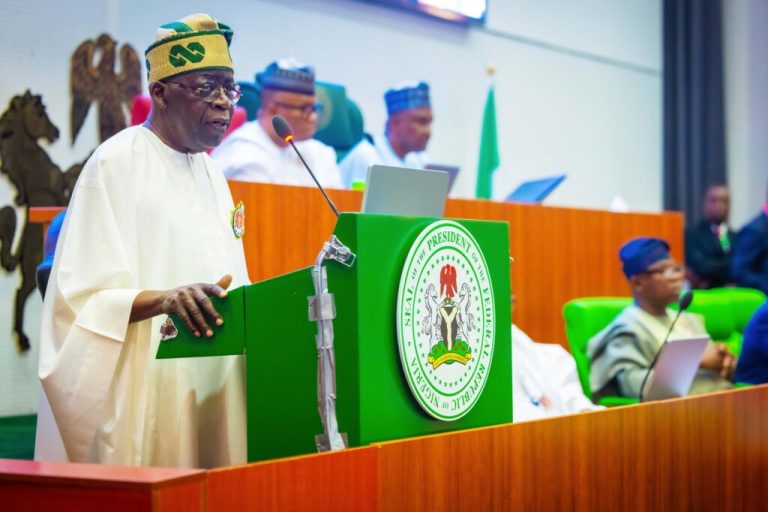The Minister of Information and National Orientation, Mohammed Idris, has announced that President Bola Tinubu’s temporary suspension of raw shea exports is a strategic move. This policy aims to transform Nigeria into a global leader in the shea industry. By focusing on value addition and local processing, the government seeks to enhance the economic benefits derived from this valuable resource.
Enhancing Local Production and Processing
The suspension of raw shea exports highlights the government’s commitment to boosting local production and processing capabilities. By preventing the export of raw shea, the policy encourages domestic industries to invest in processing facilities. This shift aims to create more jobs, increase local revenue, and enhance the overall economic landscape.
Local processing of shea nuts can lead to the production of various valuable products, including shea butter, cosmetics, and food items. By developing these industries, Nigeria can capture a larger share of the global market. The Minister emphasized that value addition will not only benefit producers but also improve the livelihoods of communities engaged in shea cultivation.
Furthermore, the policy aligns with global sustainability goals. By promoting local processing, the government can ensure that more revenue remains within the country, fostering economic growth and reducing dependency on imports. This approach can also enhance Nigeria’s reputation as a responsible player in the global shea market.
Economic and Social Implications
The implementation of this shea policy is expected to have profound economic and social implications. The focus on local processing is likely to stimulate growth in rural areas where shea trees are cultivated. Increased investment in processing facilities can lead to job creation and improved living standards for communities involved in shea production.
Additionally, the policy aims to encourage entrepreneurship among young Nigerians. By providing support and incentives for local businesses, the government hopes to inspire innovation and creativity within the shea industry. This could lead to the development of new products and markets, further enhancing Nigeria’s position on the global stage.
The government is also committed to ensuring that farmers receive fair compensation for their products. By establishing better pricing mechanisms and support systems, Nigeria aims to empower local producers and enhance their economic resilience. This focus on equity and fairness is crucial for sustainable development in the shea sector.
In conclusion, President Bola Tinubu’s shea policy represents a bold step toward positioning Nigeria as a global leader in the shea industry. By suspending raw exports and promoting local processing, the government seeks to enhance economic benefits for farmers and communities. As Nigeria embraces this strategic direction, the potential for growth and development in the shea sector appears promising. This initiative not only aims to boost the economy but also to create a more sustainable and equitable future for all stakeholders involved.




